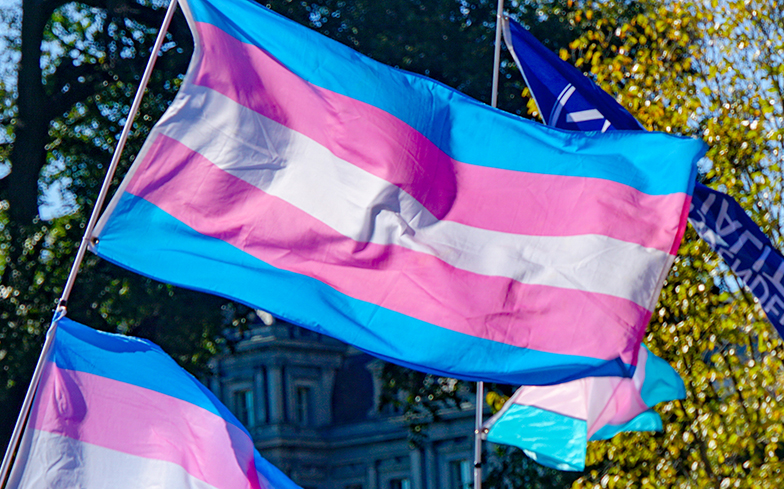
Following in the footsteps of World Aquatics, the Rugby Football League, the Rugby Football Union and the International Cycling Union, the International Cricket Council (ICC) has decided to introduce new regulations that ban transgender women from competing. After nine months of conferring, the governing body came to the ultimate decision to prohibit transwomen from competing at international level, and thus these individuals can no longer compete among the best in their sport.
The new ICC regulations have caused quite a stir considering its active exclusion of Canadian player Danielle McGahey. In September of this year, McGahey made history as the first, and perhaps the last, transgender woman to play an official international cricket game. The sportswoman made a significant impact, her top score being a 45-ball 48 against Brazil.
Any player who has gone through male puberty will not be eligible for women’s internationals, regardless of any surgery or treatment undertaken.
The sport was looking to be more inclusive and cricket was allowing for a transgender individual to access the highest level where many other sports had banned this in previous years. This was until November when a statement was released by the organisation to ban any player who has gone through male puberty from women’s internationals, regardless of any surgery or treatment undertaken.
As a result of the physical nature of competitive sport, there seems to be a policing of the physical body that occurs. This policing can be seen in terms of weight, height, tread and various other physical attributes throughout sports history. And due to the cultural turn from viewing gender and sex as entangled to viewing them as distinctly separate in recent years, this policing has only become more complex.
Competitive sport’s history of being organised in gendered terms has meant that the biological sex and gender expression of participants have been called into question.
The Sports Councils’ Equality Group’s International Research Literature Review states that “There are significant differences between the sexes which render direct competition between males and females unfair in most ‘gender-affected sports’”. The Council’s Equality Group here cites the central issue for sport in this current moment. Competitive sport’s history of being organised in gendered terms has meant that the biological sex and gender expression of participants have been called into question. And the ICC’s solution to this issue has been an exclusion of transwomen from their competitive space.
The ICC has provided some space for debate in suggesting a revision of this regulation in two years, but for now there is still an exclusion of McGahey and other transwomen. And this exclusion is not guaranteed to be altered.


